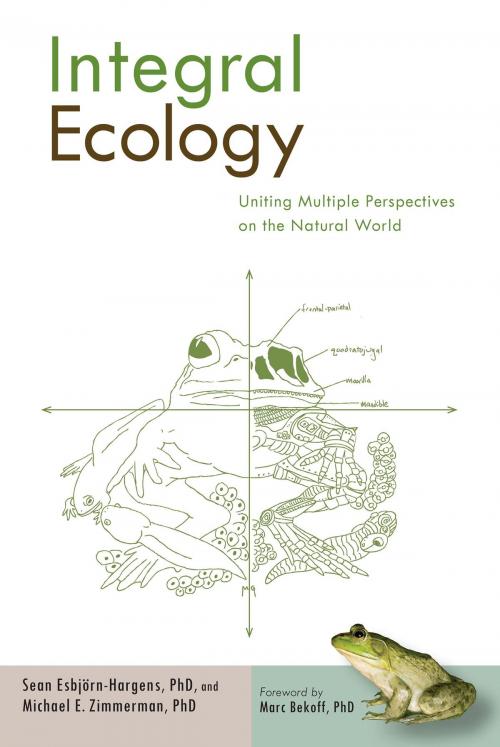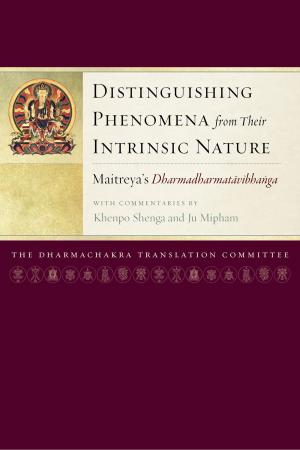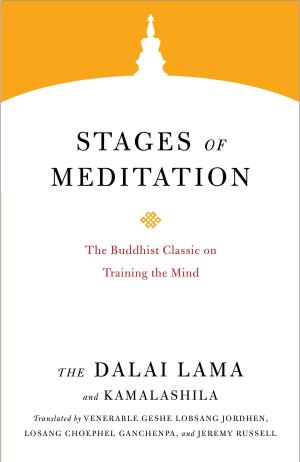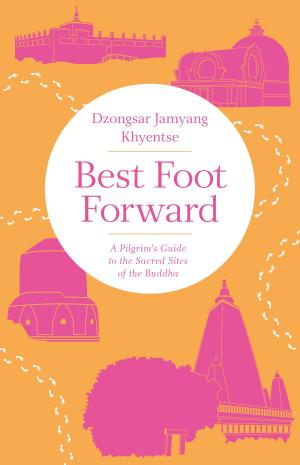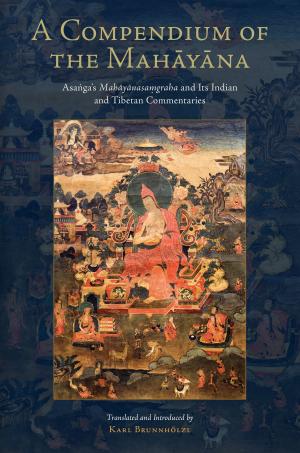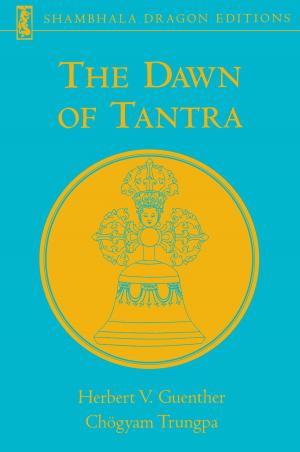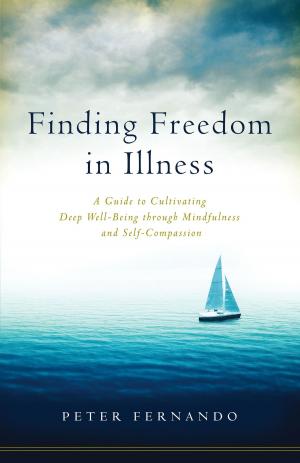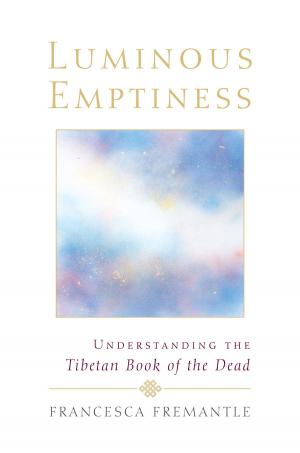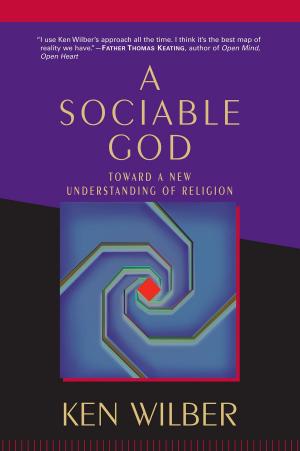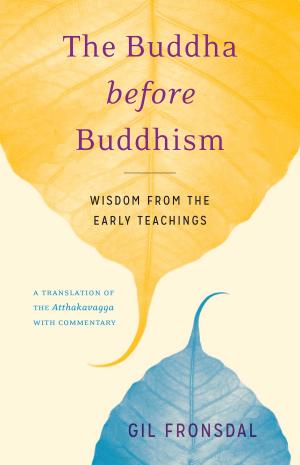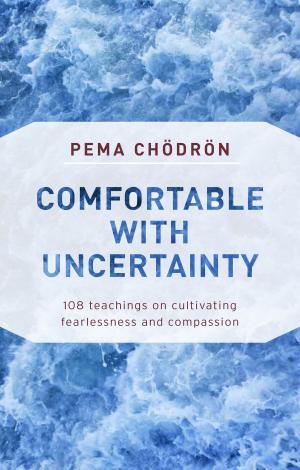Integral Ecology
Uniting Multiple Perspectives on the Natural World
Nonfiction, Science & Nature, Science, Biological Sciences, Ecology, Nature, Environment, Religion & Spirituality, Philosophy| Author: | Sean Esbjorn-Hargens, Ph.D., Michael E. Zimmerman, Ph.D. | ISBN: | 9780834824461 |
| Publisher: | Shambhala | Publication: | March 8, 2011 |
| Imprint: | Integral Books | Language: | English |
| Author: | Sean Esbjorn-Hargens, Ph.D., Michael E. Zimmerman, Ph.D. |
| ISBN: | 9780834824461 |
| Publisher: | Shambhala |
| Publication: | March 8, 2011 |
| Imprint: | Integral Books |
| Language: | English |
Today there is a bewildering diversity of views on ecology and the natural environment. With more than two hundred distinct and valuable perspectives on the natural world—and with scientists, economists, ethicists, activists, philosophers, and others often taking completely different stances on the issues—how can we come to agreement to solve our toughest environmental problems?
In response to this pressing need, Integral Ecology unites valuable insights from multiple perspectives into a comprehensive theoretical framework—one that can be put to use right now. The framework is based on Integral Theory, as well as Ken Wilber’s AQAL model, and is the result of over a decade of research exploring the myriad perspectives on ecology available to us today and their respective methodologies.
Dozens of real-life applications and examples of this framework currently in use are examined, including three in-depth case studies: work with marine fisheries in Hawai’i, strategies of eco-activists to protect Canada’s Great Bear Rainforest, and a study of community development in El Salvador. In addition, eighteen personal practices of transformation are provided for you to increase your own integral ecological awareness. Integral Ecology provides the most sophisticated application and extension of Integral Theory available today, and as such it serves as a template for any truly integral effort.
Today there is a bewildering diversity of views on ecology and the natural environment. With more than two hundred distinct and valuable perspectives on the natural world—and with scientists, economists, ethicists, activists, philosophers, and others often taking completely different stances on the issues—how can we come to agreement to solve our toughest environmental problems?
In response to this pressing need, Integral Ecology unites valuable insights from multiple perspectives into a comprehensive theoretical framework—one that can be put to use right now. The framework is based on Integral Theory, as well as Ken Wilber’s AQAL model, and is the result of over a decade of research exploring the myriad perspectives on ecology available to us today and their respective methodologies.
Dozens of real-life applications and examples of this framework currently in use are examined, including three in-depth case studies: work with marine fisheries in Hawai’i, strategies of eco-activists to protect Canada’s Great Bear Rainforest, and a study of community development in El Salvador. In addition, eighteen personal practices of transformation are provided for you to increase your own integral ecological awareness. Integral Ecology provides the most sophisticated application and extension of Integral Theory available today, and as such it serves as a template for any truly integral effort.
